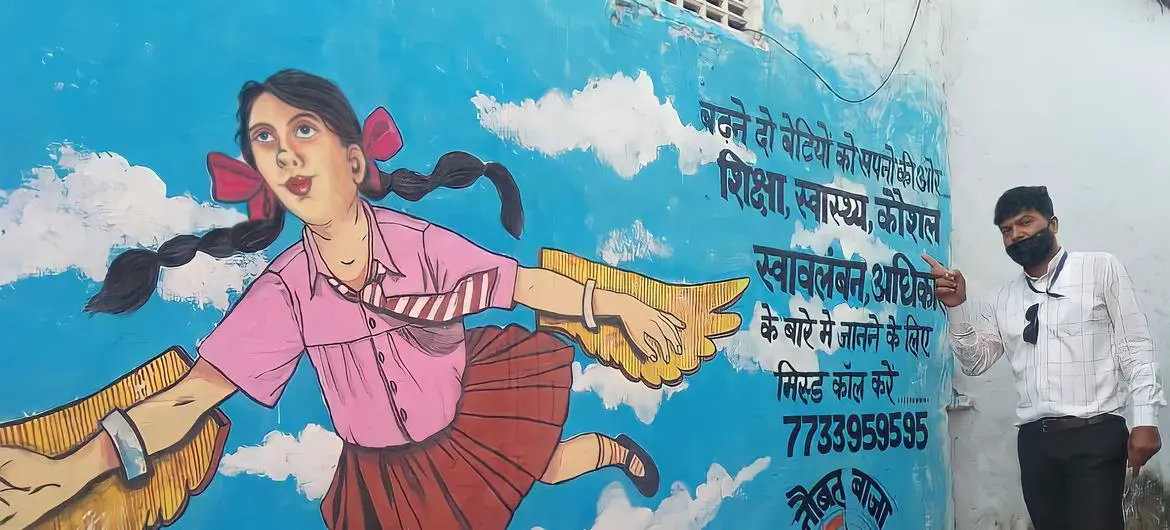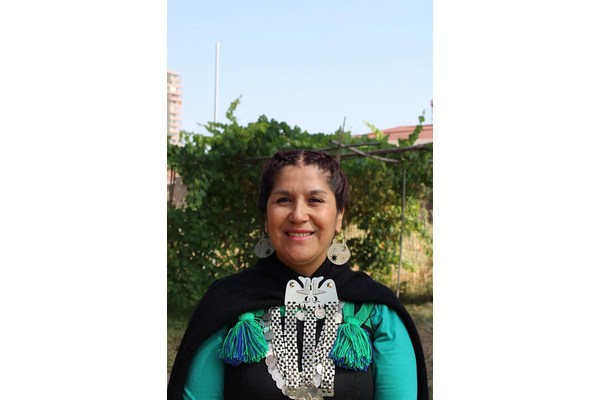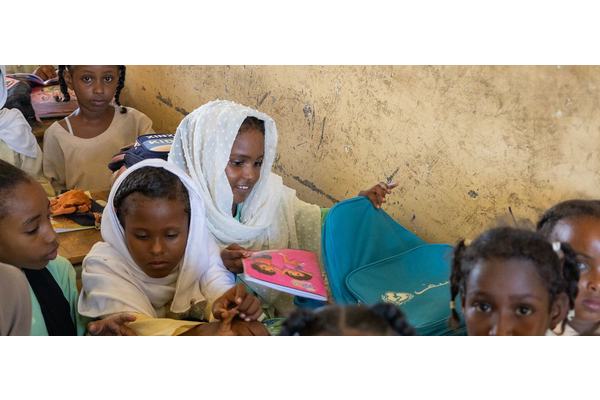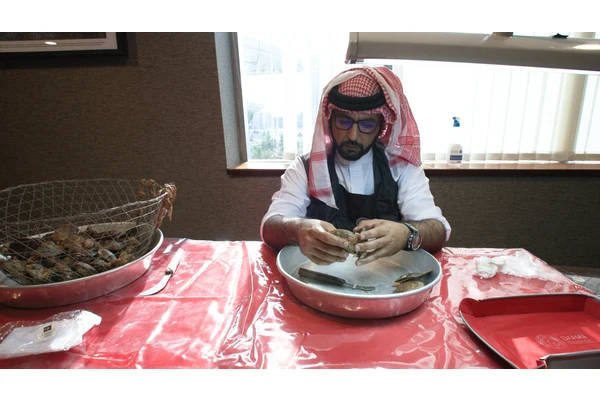Fighting child marriage in India, thanks to school and a mobile phone | UN News
With the help of an innovative mobile phone service, UN agencies are working with the Government of Rajasthan, India, to combat child marriage.
Although child marriage is banned in many Indian states, including Rajasthan. Shreya has witnessed this first-hand in her own family: her two elder sisters, she says, were married off when they were minors.
“I have seen the difficulties they face now because of lack of education. I do not want other girls to fall into this trap,” says Shreya, who escaped her sisters’ fate, and is studying for a post-graduate degree.
100 million girls at risk
In a March 2021 report, the UN Children’s Fund, UNICEF, pointed out that some 100 million girls are at risk of child marriage over the next decade.
The COVID-19 pandemic, says the study, has led to “school closures, economic stress, service disruptions, pregnancy, and parental deaths”, leaving a further 10 million vulnerable girls facing the possibility of child marriage.
In Rajasthan, civil society organisations such as JAS are battling the practice, and succeeding in spreading awareness about its dangers, through innovative programmes such as Naubat Baja.
“Families that find it hard to sustain themselves would rather marry off their girls even if they are not yet of age. It would mean fewer mouths to feed,” says JAS director Radhika Sharma.
Arranging a wedding in pandemic times also means less spending because of restrictions on gatherings and, with people leaving homes and travelling to distant areas in search of work, getting daughters married early, assures parents of their offspring’s safety.
“Parents often feel their girls would be safe if they are married off early”, adds Ms. Sharma. “They would not be abused physically if it is known they are married. Poverty, lack of education, patriarchy and gender inequalities are also important factors behind the practice”.
Music, entertainment, empowerment
The aim of the Naubat Baja programme is not only to counter the practice of child marriage, but also to empower girls in other ways.
Girls phone the Naubat Baja number and receive a call back, which contains a 15-minute recording of free entertainment, peppered with Hindi film songs, short stories and audio dramas themed around social issues narrated through comedy or satire.
There is news about job opportunities, general knowledge facts and information about government welfare schemes aimed at the youth.
Messages on themes such as child marriage, domestic violence, adolescent girls’ health, menstrual hygiene, gender sensitisation, financial awareness, COVID-19 protocols and precautions are conveyed through the dramas.
The regularly updated programme, overseen by UNFPA representatives, is produced in studios with the help of a content team of researchers and presented by professional audio content makers.
The programme is popularised through social media, graffiti and awareness campaigns in rural and urban areas by volunteers, community leaders, members of Panchayats (rural governing bodies), Anganwadi (rural child care centres) and Asha (Accredited Social Health Activist) workers.
Volunteers and adolescent group leaders associated with Naubat Baja are called champions: Shreya is one of them.
Dare to dream
In Rajasthan, efforts are on to draw in more partners in the drive against child marriage. Local frontline workers and members of the Nehru Yuva Kendra Sangathan (NYKS) — one of the largest youth networks in the world — are being trained to hold meetings and talks with adolescent girls and families in the community on messages aired by Naubat Baja.
“The initiative is one of the innovative strategies employed by UNFPA and partners involved, to ensure young people are aware of their rights and opportunities, have access to accurate information and services regarding their health and well-being, and are able to participate and contribute to addressing social issues that affect them.”, explains UNFPA India deputy representative, Sriram Haridass.
Once the strategies start to bear fruit, and when there are numerous initiatives such as Naubat Baja engaging and empowering young people like Shreya, thousands of Sapnas will dare to dream.
The Naubat Baja poster against child marriage sums it up well. “I will let my children’s dreams soar,” says the mother next to the happy girl child in school.
A version of this story was published by the UN reproductive rights agency (UNFPA) earlier this month. You can find it here.
*name changed to protect identity







